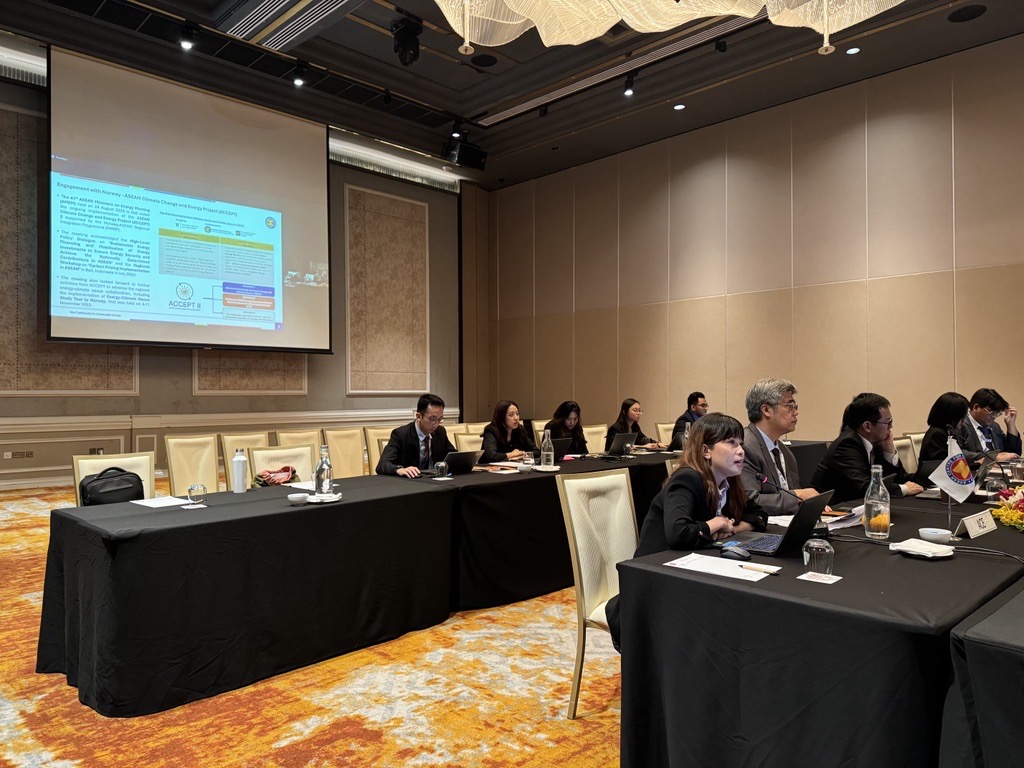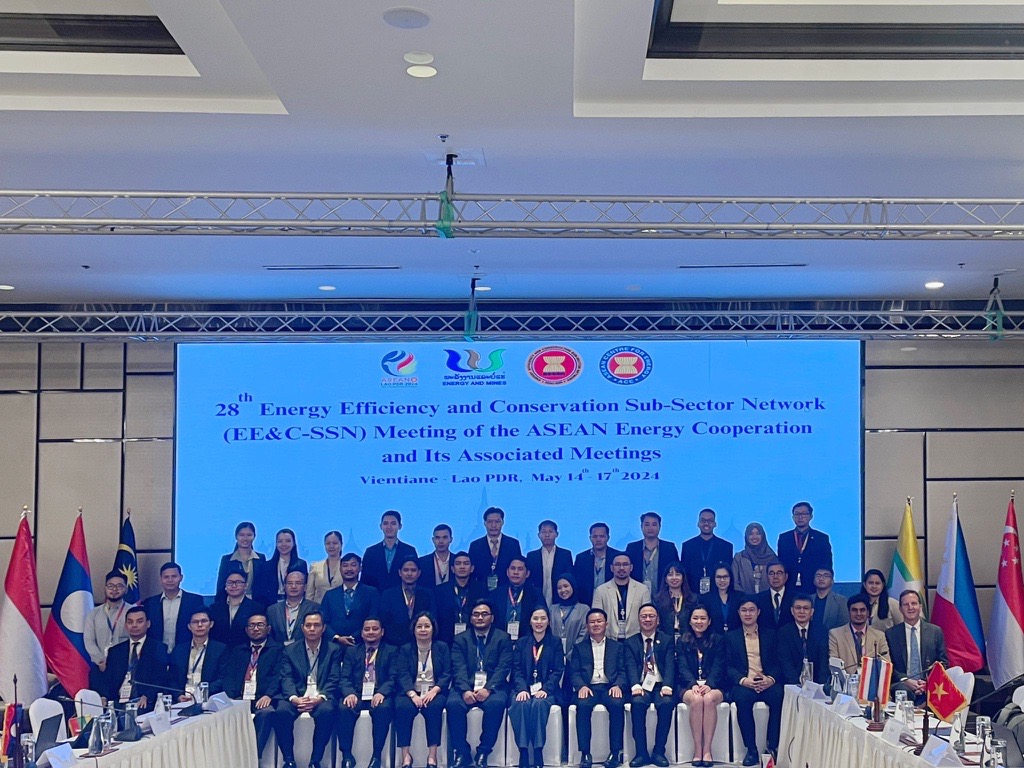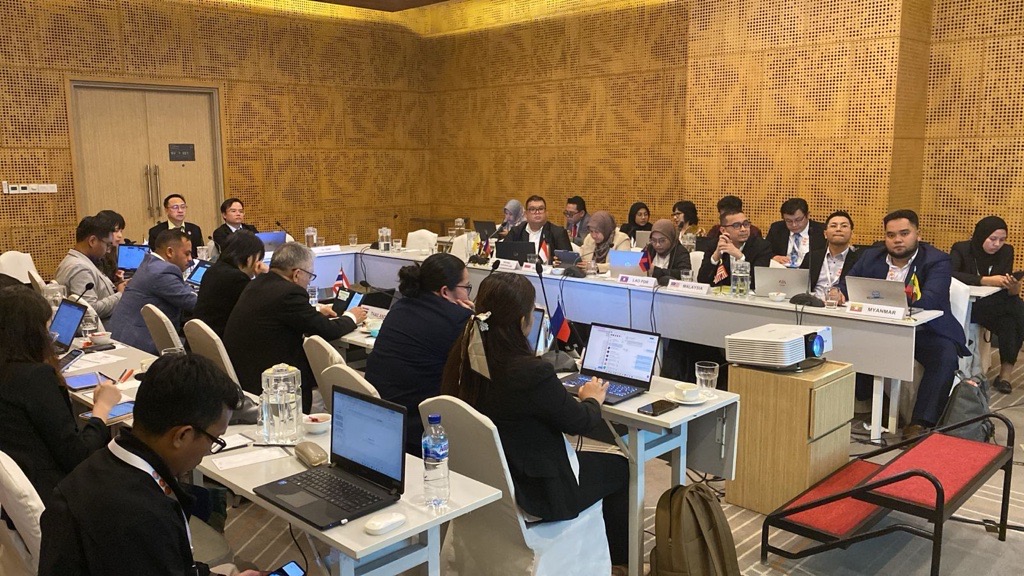i
i
ASEAN Member States, May-June 2024
Every cooperative activity in ASEAN can be traced back into three pillars, as stated in the ASEAN Community Vision. One of these pillars is driving economic integration, with the region aiming to be well-connected to the global supply chain. As energy influences productivity, energy systems ultimately shape economic activities. Therefore, energy cooperation is essential for driving stable economic growth. ASEAN ensures the alignment of multilateral energy cooperation with its economic integration goals by establishing a series of policy documents, widely known as the ASEAN Plan of Action for Energy Cooperation (APAEC). The APAEC is renewed every ten years, with an execution period of five years. This effectively establishes the APAEC as the blueprint for enhancing energy connectivity and market integration in ASEAN, continually updated to reflect current strategies for harmonising economic growth with the fulfilment of energy needs.
As decarbonising energy systems gather pace, the latest cycle of APAEC recognises the need to effectively achieve energy security, accessibility, affordability, and sustainability for all. With the current APAEC cycle set to conclude in 2025, the ASEAN Climate Change and Energy Project (ACCEPT) is supporting the ASEAN Centre for Energy in conducting a study on the Future of ASEAN Energy Cooperation Strategies Post-2025. This study, along with the new APAEC cycle, aims to better frame energy cooperation agendas, building upon previous efforts to ensure long-term regional energy sustainability.
The latest progress from the study includes conducting surveys at the Specialised Energy Body (SEB) and Sub-sector Network (SSN) meetings held throughout May and June across the 10 member states. SEB/SSN are contact points of the Senior Officials Meeting on Energy—a consultative committee that promotes and reviews various cooperative activities—and they will report to the ASEAN Ministers on Energy Meeting (AMEM) who will provide high level directions in regional energy cooperation. The ACCEPT II team supported and attended all seven SEB/SSN meetings; each meeting is related to a specific programme area (PA) of the APAEC. The names of the seven SEB/SSN are as follows, in the order of their linked APAEC PA:

Figure 1. Aldilla Rakhiemah, presenting ACCEPT support for the study on the Future of ASEAN Energy Cooperation Strategies Post 2025 during the REPP SSN Meeting

Figure 2. ACCEPT at the 28th EE&C SSN Meeting

Figure 3. AFOC meeting in session
These SEB-SSN meetings are crucial for retrieving inputs directly from policymakers in the energy sector through surveys on each programme area within the APAEC and relevant cross-sectoral issues. These inputs will ultimately shape the next APAEC cycle and provide insights for the preparation of the aforementioned ASEAN energy cooperation strategy study.
(SNF)
Join our ASEAN Researchers Network on Climate Change (ARNECC) by registering yourself here. Become a part of our collaborative efforts to address pressing climate challenges and shape a sustainable future.
Detailed information on ACCEPT II can be found at https://accept.aseanenergy.org/
We welcome any future collaboration, please feel free to contact us at [email protected]